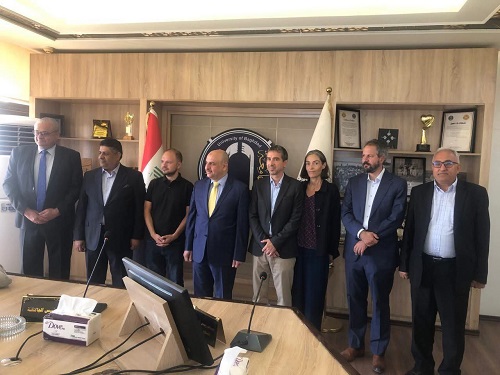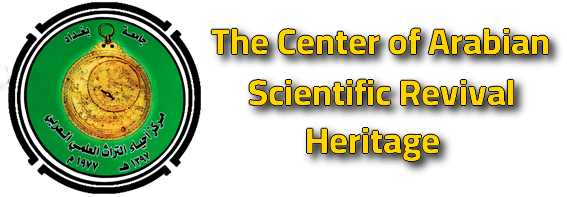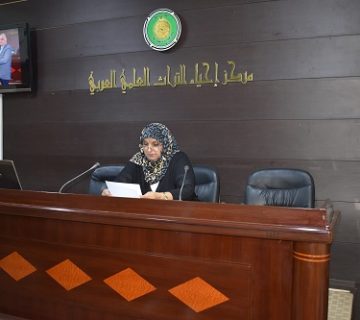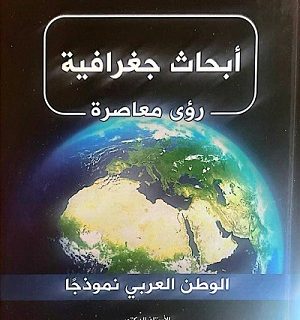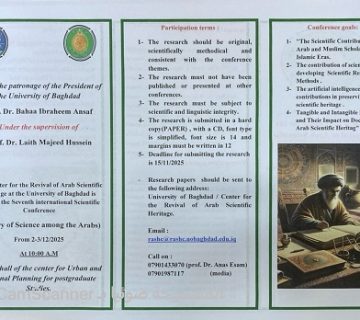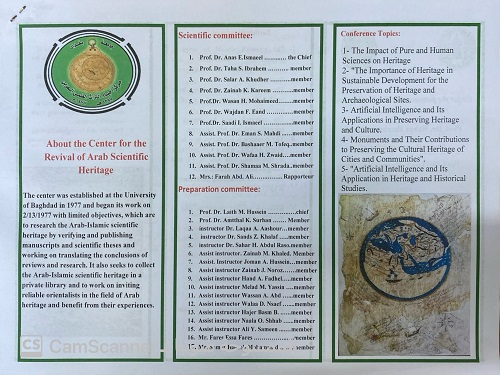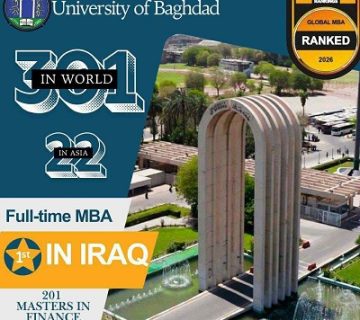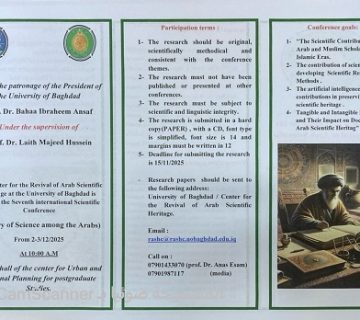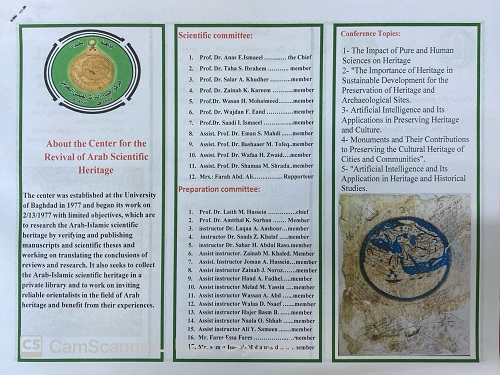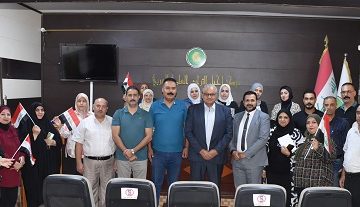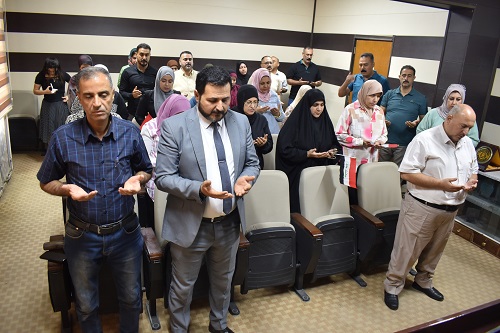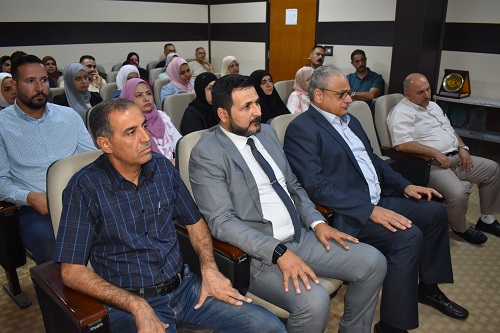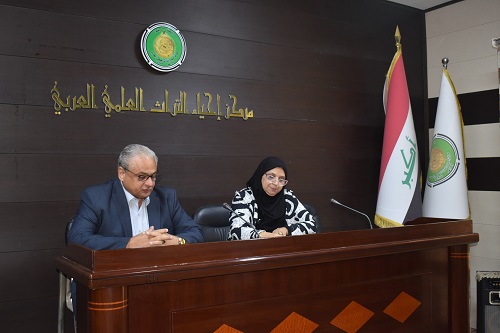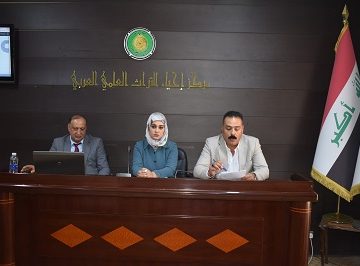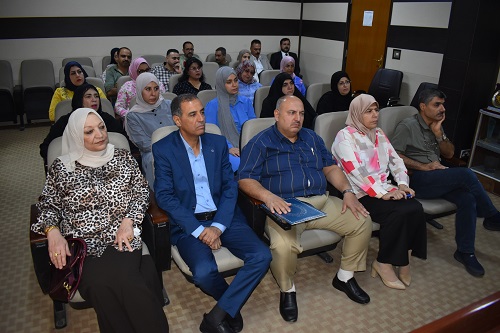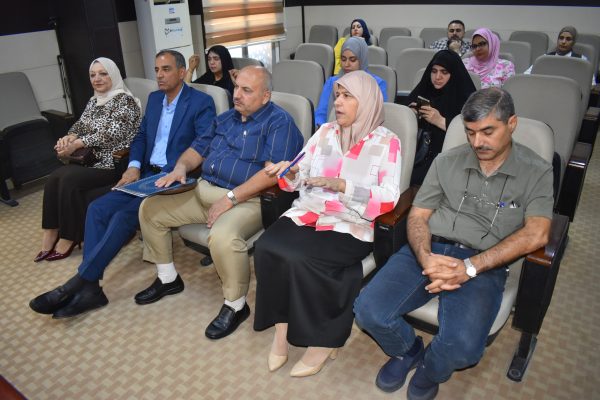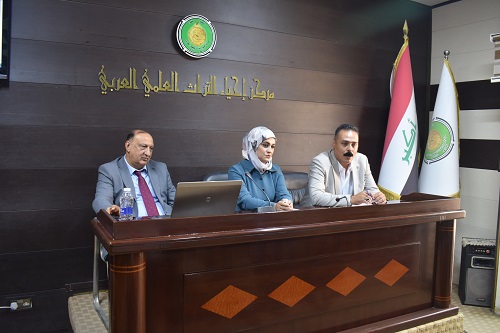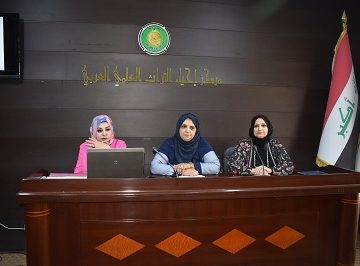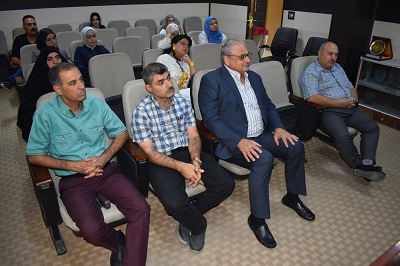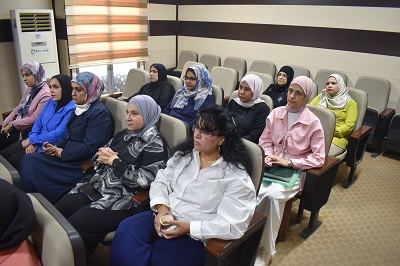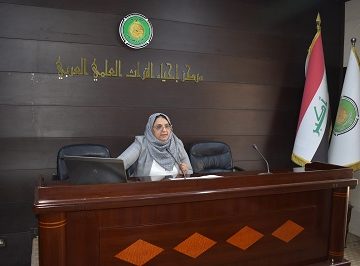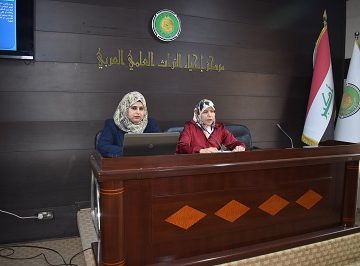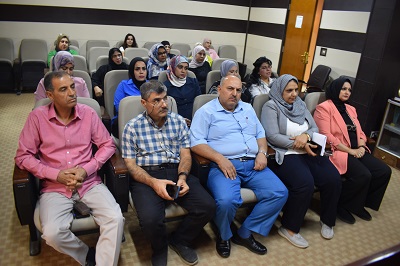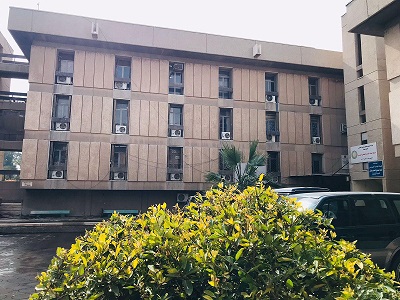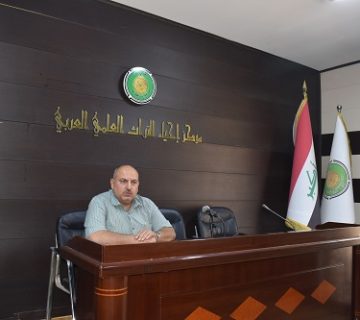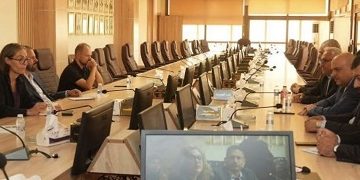
Meeting to Strengthen Academic and Cultural Cooperation
Director of the Center for the Revival of Arab Scientific Heritage Attends a Meeting to Strengthen Academic and Cultural Cooperation
On the morning of Tuesday, October 7, 2025, the Presidency of the University of Baghdad received a delegation from the Institut Français du Proche-Orient (IFPO), in the presence of Professor Dr. Laith Majeed Hussein, Director of the Center for the Revival of Arab Scientific Heritage, Professor Dr. Suhail Najm Abdullah, Assistant President of the University of Baghdad, Dr. Ali Abdul Ameer, Dean of the College of Arts, and Dr. Harith Mohammed Ibrahim, Director of the Department of Media and Government Communication at the University of Baghdad.
The meeting focused on ways to strengthen scientific and cultural cooperation between the University and French academic institutions, particularly in the area of joint research projects and scientific heritage studies. The French delegation was also invited to attend the upcoming Assyriology Conference scheduled for next year.
At the conclusion of the visit, the University officials expressed their gratitude to the delegation, wishing for future visits that would further enhance academic collaboration between the two sides.
